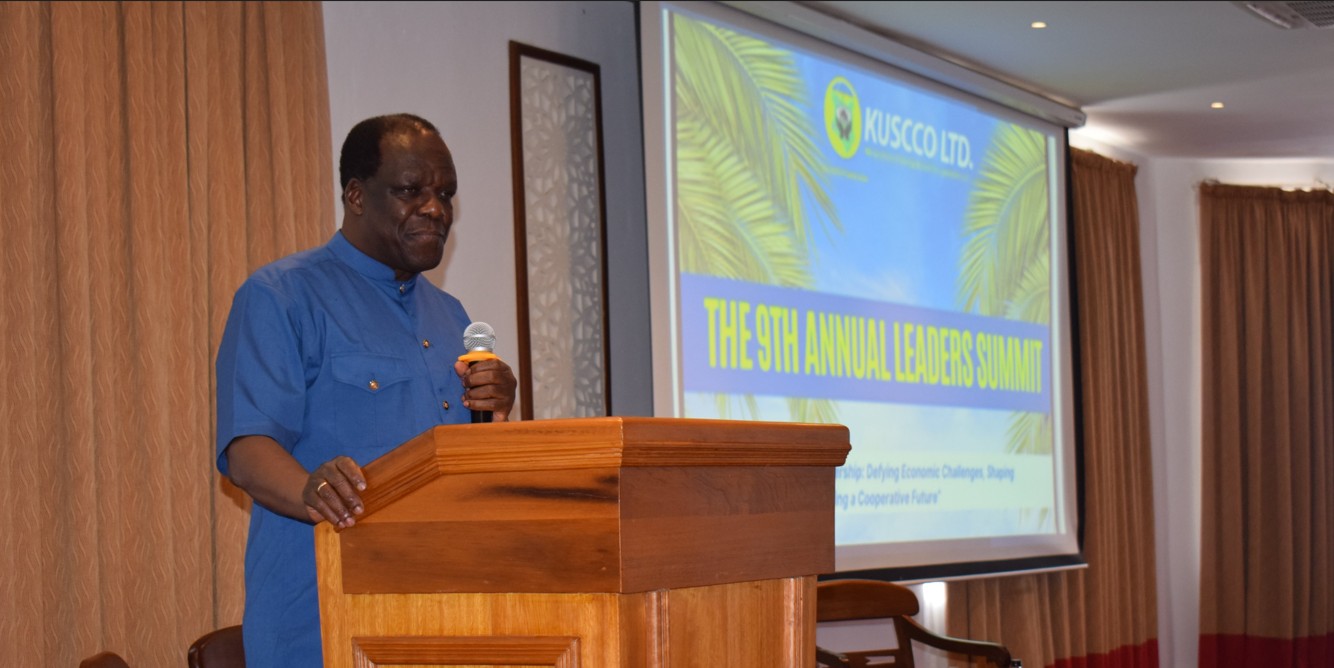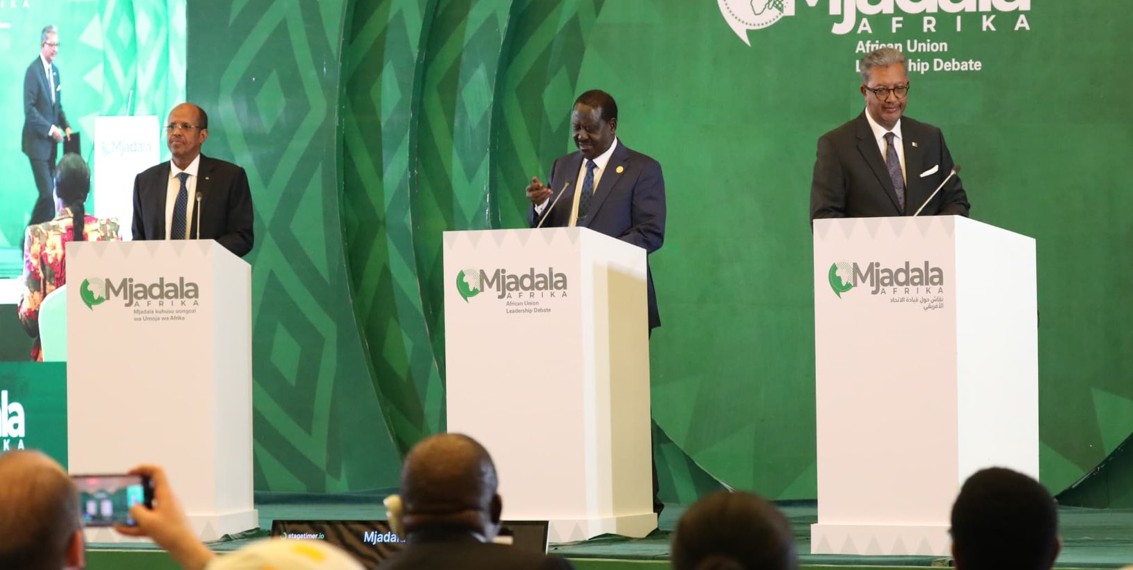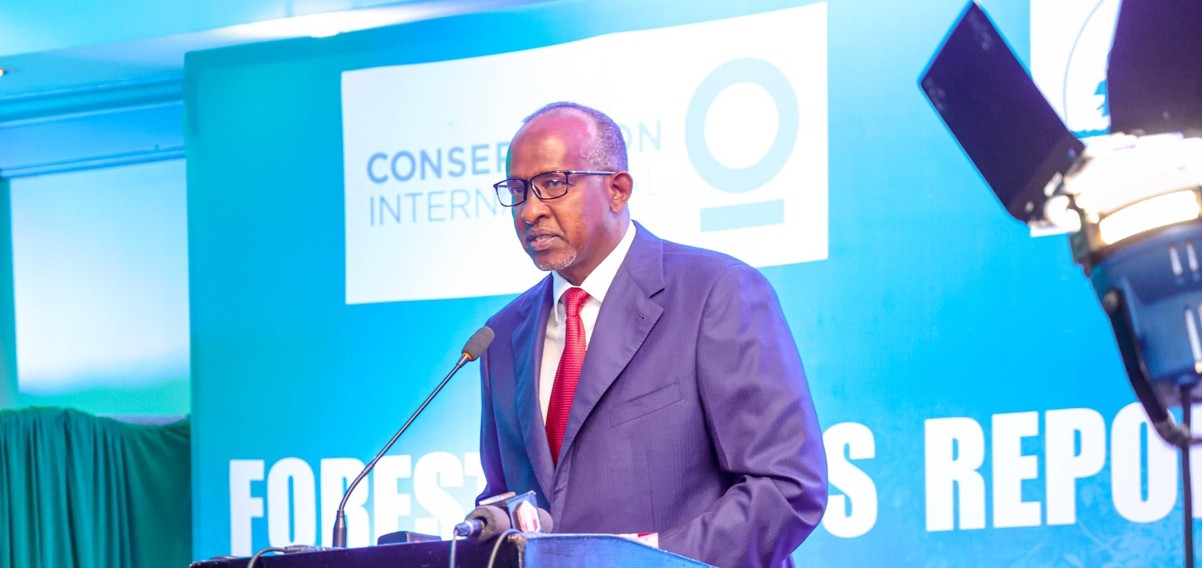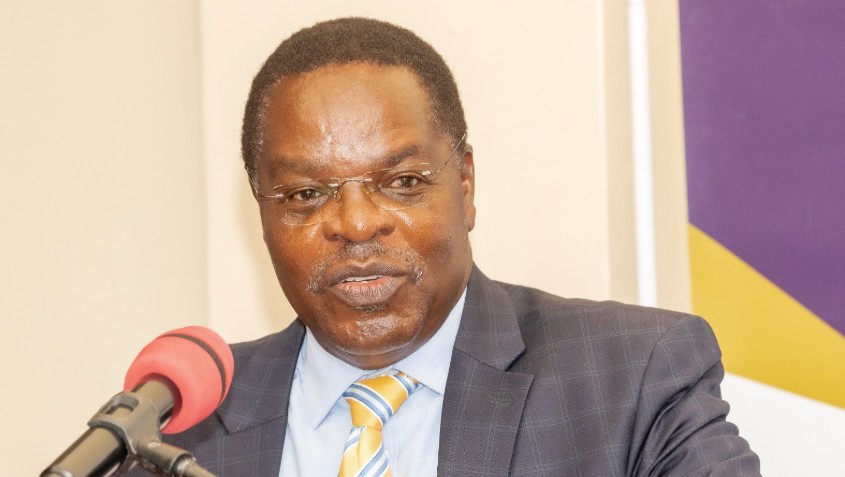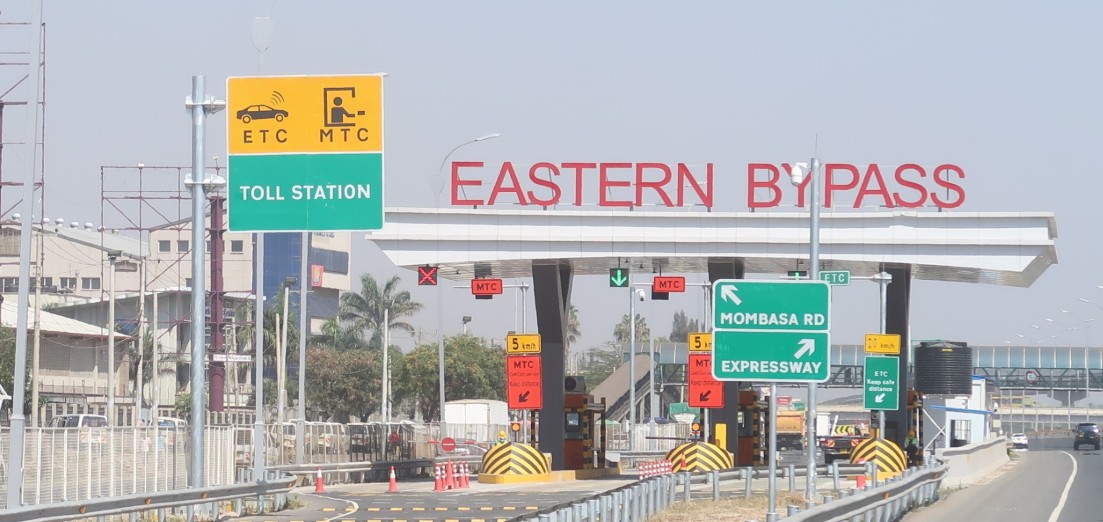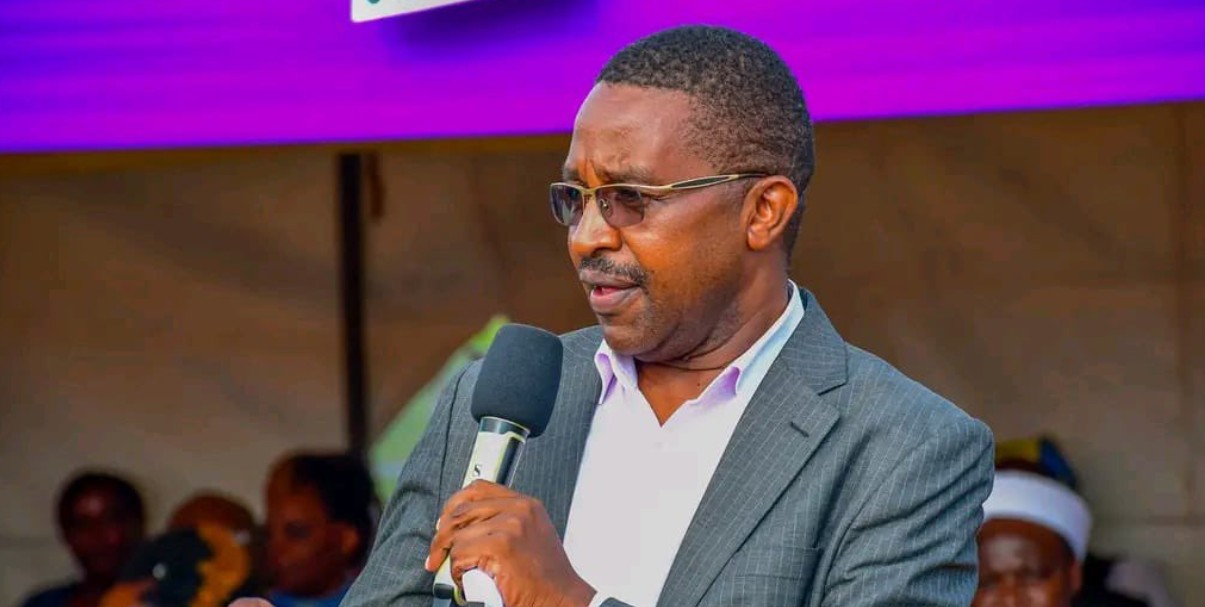Inside the collapse of Japanese automakers Nissan and Honda's $60 billion mega deal
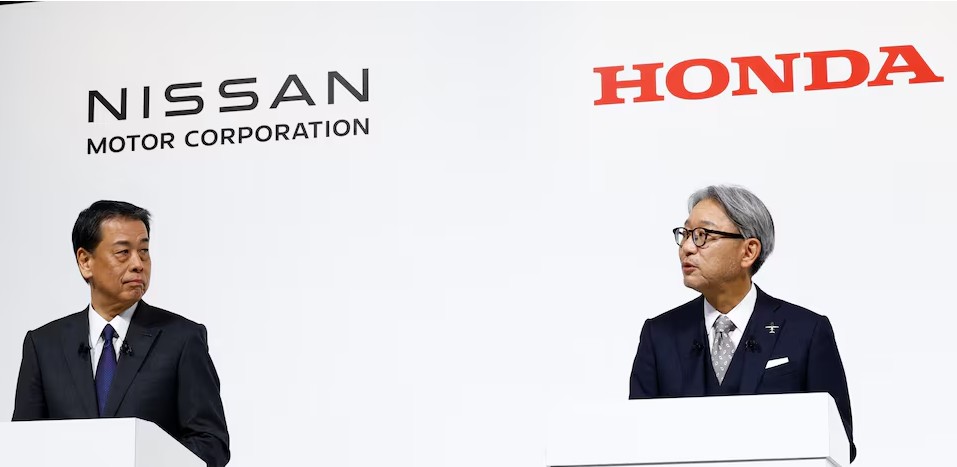
Nissan stunned investors in November when it cut its profit forecast by 70 per cent due to worsening sales in China and the United States.
Nissan was deep in trouble late last year when rival Honda offered a lifeline: a $60 billion tie-up that would help both Japanese automakers compete against the Chinese brands upending the car industry.
Years of faltering sales and management turmoil had left Nissan a diminished force, especially after it underestimated demand for hybrids in the US, its top market.
More To Read
But the merger talks unravelled in a little more than a month due to Nissan's pride and insufficient alarm about its predicament, as well as Honda's abrupt decision to revise the terms and propose that Nissan become a subsidiary, according to six people familiar with the matter.
Nissan, which for years until 2020 was Japan's second-largest automaker behind Toyota, insisted on receiving near-equal treatment in the talks despite its weaker position, three of the people said.
Honda pressured Nissan to make deeper cuts to its workforce and factory capacity, but Nissan was unwilling to consider politically sensitive factory closures, three of the sources said. They said they were left with the impression Nissan felt it could recover on its own, despite its mounting difficulties.
That intransigence, combined with what Honda management saw as Nissan's slow decision-making, helped torpedo a deal that would have created one of the world's largest automakers, three people said.
This account of the forces that scuttled the mega merger features previously unreported information, including details about factories Nissan wanted to keep open, its resistance to Honda's pressure for deeper cuts, and the reaction inside Nissan to some of Honda's demands.
The story is based on Reuters interviews with more than a dozen people, all of whom spoke on the condition of anonymity because of the topic's sensitivity.
US tariffs threat
The reporting sheds new light on the thinking inside Nissan as it faces a deepening crisis. The storied carmaker now faces the added threat of US tariffs on vehicles made in Mexico, which account for more than a quarter of its US sales. Both Nissan and Honda are due to report earnings on Thursday.
"I think it's a management problem," said Julie Boote, an analyst at research firm Pelham Smithers Associates, about the turmoil at Nissan. "They're completely overestimating their position and their brand value, and their ability to turn around the business."
Nissan and Honda declined to comment on the specific aspects of the talks as described by Reuters sources.
Nissan CEO Makoto Uchida visited his counterpart Toshihiro Mibe last week to say he wanted to end discussions after Honda made the subsidiary proposal.
Both automakers have said they would provide an update this month.
Too little, too late
Nissan stunned investors in November when it cut its profit forecast by 70 per cent due to worsening sales in China and the United States. It announced a turnaround plan that involved cutting 9,000 jobs and one-fifth of global capacity, which some analysts saw as too little, too late.
Uchida promised to forfeit half his pay and said he was focused on making the business leaner and more resilient.
In December, Nissan and Honda announced plans to merge, an outgrowth of talks they had been holding since March 2024, when they said they were looking to cooperate on technology.
But the merger discussions quickly hit a wall over calculating the shareholding ratio for the combined company, two of the people said.
In private, Uchida exhibited doubts about the deal's prospects, one of the people said. Honda managers complained that Nissan's decision-making was too slow, four people said. A public update on the talks was originally set for the end of January before being pushed back to mid-February.
Honda managers felt Nissan's turnaround strategy lacked details and were frustrated by what they saw as an insufficient reduction in factory capacity, two sources said.
Reuters could not determine whether Honda requested a certain number of job cuts or identified specific factories for capacity reductions.
Nissan didn't want to shut factories because that would force a write-down of their value on paper and hurt its earnings, one person said.
The job cuts already promised as part of Nissan's turnaround plan amounted to 7 per cent of its global workforce. It was telling, one person said, that Honda had cut more people in China over the last two years.
Unwilling to budge
Honda, for its part, appeared unwilling to budge on its plans, implying it didn't consider Nissan an equal, one person familiar with Nissan's thinking said.
In late January, Nissan executive Hideyuki Sakamoto visited the south western island of Kyushu to announce plans for a battery EV plant that would create 500 jobs.
Flanked by local politicians, Sakamoto said the automaker wouldn't reduce capacity at its existing Kyushu plant, either. Kyushu was a "highly competitive base geopolitically" and important for future EV plans, he said.
The day after Sakamoto visited Kyushu, Honda's Mibe told Uchida that Nissan would need to become a Honda subsidiary, a stipulation not in the original merger memorandum of understanding the two companies signed late last year, according to one person.
Reuters could not determine whether Mibe's move was triggered by Nissan's announcements in Kyushu. Nevertheless, the Kyushu trip crystallised the tensions between the companies over the best way forward.
Kyushu wasn't the only plant that Nissan considered untouchable. Smyrna in Tennessee, Aguascalientes in Mexico and Britain's Sunderland were all seen as critical to the company's EV strategy, and the automaker didn't want to close them or reduce their lines, one source said.
Honda's abrupt change to the deal's structure reflected its mounting impatience with Nissan over the pace of negotiations, two people said.
Nissan was blindsided by that move, given that it went against the previously agreed memorandum, two of the people said. Inside Nissan, the proposal was seen as "outrageous" and an affront to the dignity of Nissan, the older automaker, one person said.
Renault, Nissan's top shareholder, said while it was not privy to the discussions, the latest information suggested the transaction would result in a "takeover of Nissan by Honda without a control premium for Nissan shareholders". Such an outcome was "not acceptable", Renault said, adding it would "vigorously defend" its interests.
It's not clear what, if anything, could bring the automakers back to the table. It seems likely they would revert to their original agreement to team up on technology, three of the people said.
If both companies agree to end the discussions, neither would be liable for a 100 billion yen ($650 million) break-up fee, according to their December memorandum of understanding.
Nissan is open to working with new partners, including Foxconn, the Taiwanese contract manufacturer that makes Apple's iPhones, Reuters has reported. Foxconn did not respond to a request for comment.
Cooperate with Nissan
Foxconn Chairman Young Liu said on Wednesday that it aimed to cooperate with Nissan, not acquire it.
The Taiwanese company's EV business is led by former Nissan executive Jun Seki, who at one point was seen by insiders as a contender to become the carmaker's CEO.
Foxconn would likely be a more generous suitor than Honda because it needs a brand name in the auto industry, and Nissan could be attractive, said Amir Anvarzadeh, a strategist with Japan equity advisory firm Asymmetric Advisors.
"No matter what you think about their cars and their balance sheet and so forth, at least the brand is still fairly recognisable," he said of Nissan.
So far, Japan's government has given little sense of how it sees the breakdown in talks between Honda and Nissan, nor whether it would be open to an acquisition of Nissan by Foxconn, which is also the top shareholder in consumer electronics company Sharp Corp.
For Nissan, the question now is what management will do, said Boote.
"They don't have a realistic view of what's happening in the auto industry and what really needs to happen with Nissan."
Top Stories Today

